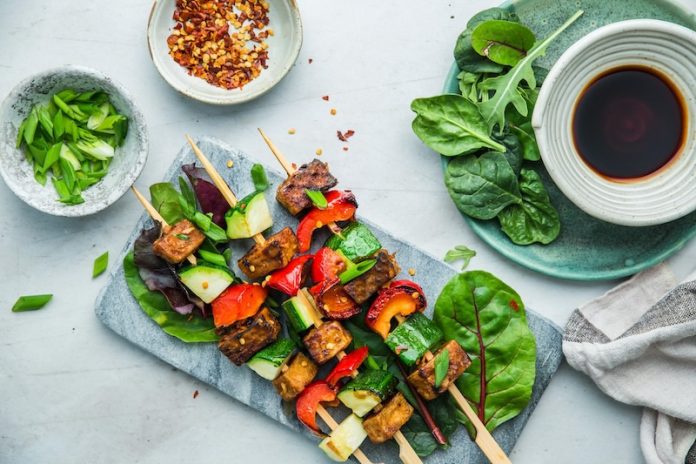
Warfarin is a commonly prescribed medication used to prevent blood clots. It can save lives by preventing stroke, heart attack, and other serious conditions.
However, those who take warfarin need to be mindful of their diet because certain foods can interfere with the medication’s effectiveness. Here’s a guide to understanding which foods to avoid and why, presented in simple terms.
One of the main dietary considerations when taking warfarin is the amount of vitamin K you consume. Vitamin K plays a crucial role in blood clotting, and warfarin works by inhibiting the action of this vitamin.
Therefore, maintaining a consistent intake of vitamin K is key to ensuring the stability and effectiveness of the treatment. Foods high in vitamin K include leafy green vegetables and certain vegetable oils. Here are some specific foods to be cautious with:
- Kale: This leafy green is extremely high in vitamin K. A sudden increase in kale consumption can decrease the effectiveness of warfarin.
- Spinach: Like kale, spinach is rich in vitamin K, which can counteract the effects of warfarin if eaten in large amounts.
- Brussels sprouts: Another high vitamin K vegetable, Brussels sprouts should be eaten in moderation.
- Collards: Popular in southern cooking, collards are also high in vitamin K.
- Broccoli: While healthy, broccoli’s vitamin K content means it should be consumed consistently and in moderation.
- Cabbage: It contains vitamin K and should be eaten in consistent amounts.
- Lettuce: Certain types of lettuce, such as green leaf lettuce, are high in vitamin K.
- Mustard greens: These have a high vitamin K content and should be balanced within your diet.
- Parsley: Often used as a garnish, parsley is surprisingly high in vitamin K.
- Green tea: Contains vitamin K and other compounds that can enhance or inhibit the effects of warfarin.
- Soybean oil and soy-based foods: Soybeans and their derivatives like tofu are high in vitamin K.
- Canola oil: Another cooking oil high in vitamin K.
Apart from vitamin K, other foods and beverages can interact with warfarin:
- Cranberry juice: It can increase warfarin’s blood-thinning effect, potentially leading to bleeding.
- Alcohol: Heavy or irregular consumption can affect how warfarin works and increase bleeding risk.
- Grapefruit and grapefruit juice: These can interfere with the metabolism of warfarin in the liver, enhancing its effects.
- Garlic and ginger: Large amounts can increase bleeding risk, especially when combined with warfarin.
- Licorice: Contains compounds that can decrease the effectiveness of warfarin.
- Chamomile: Can increase the risk of bleeding when taken with warfarin.
- Fish oil supplements: High doses might increase bleeding risk, although omega-3 fatty acids are generally healthy.
When you’re on warfarin, it’s not just about avoiding certain foods; it’s about keeping your diet consistent, especially with vitamin K intake. Sudden changes in your diet can affect how well your medication works.
It’s advisable to work closely with your healthcare provider to monitor your warfarin levels and discuss any dietary concerns. Keeping a food diary can also help track what you eat and maintain stability in your vitamin K intake.
By understanding and managing these dietary interactions, you can help ensure that warfarin works effectively, preventing clotting issues while maintaining good health overall. Remember, consistency is key!
Follow us on Twitter for more articles about this topic.
Copyright © 2024 Scientific Diet. All rights reserved.





